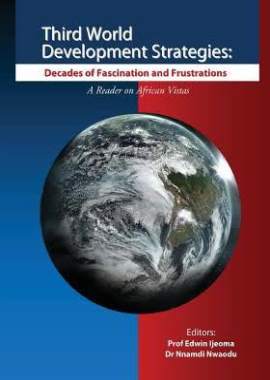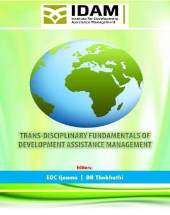
Since their emergence and subsequent integration into the highly suffocating global economic system, the group of countries tagged the "Third World" have been miserably engulfed in hunger and poverty, debts and deaths. Their hallmarks are negative indices in quality of political management, Gross National Income, freedom of information, human development, healthcare delivery system, security, and general welfare. The detrimental effects of unstable government, alongside the plight of high level illiteracy, tribal conflicts, brutal civil wars, military dictatorship, and extreme corruption, have chronically beset the prospect of meaningful development within these nations. Allied to these are poor quality of life, diseases, uncontrollable population growth, high infant and adult mortality rate, including low economic development, and over-dependency on the developed, industrial countries. In spite of all the various endeavours in different aspects of development projects at different periods, the "Third World" countries have continually retained the derisive tag ever since they were first labelled as such in 1955 at the Conference of Afro-Asian countries in Bandung, Indonesia. Drawing on extensive number of academic works and new research, Third World Development Strategies: Decades of Fascination and Frustrations examines some of the salient factors responsible for gross underdevelopment in Third World countries, and makes a compelling case for a new approach to Third World Development Strategies.
Authored by forty-two African development scholars across various areas of academic discipline. Edited by Edwin Ijeoma & Nnamdi Nwaodu.
OTHER BOOKS BY THIS AUTHOR






